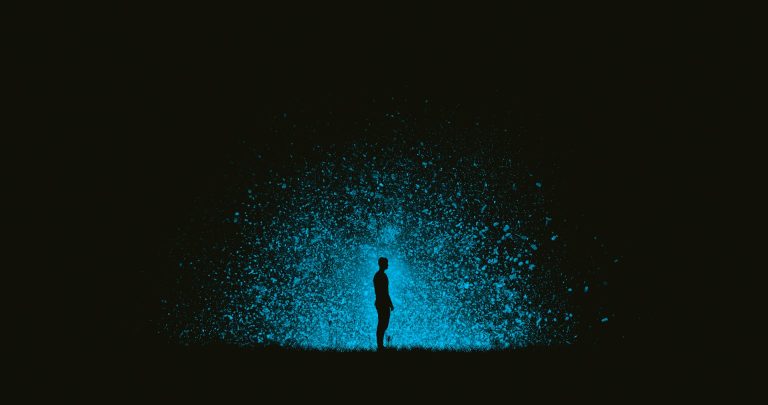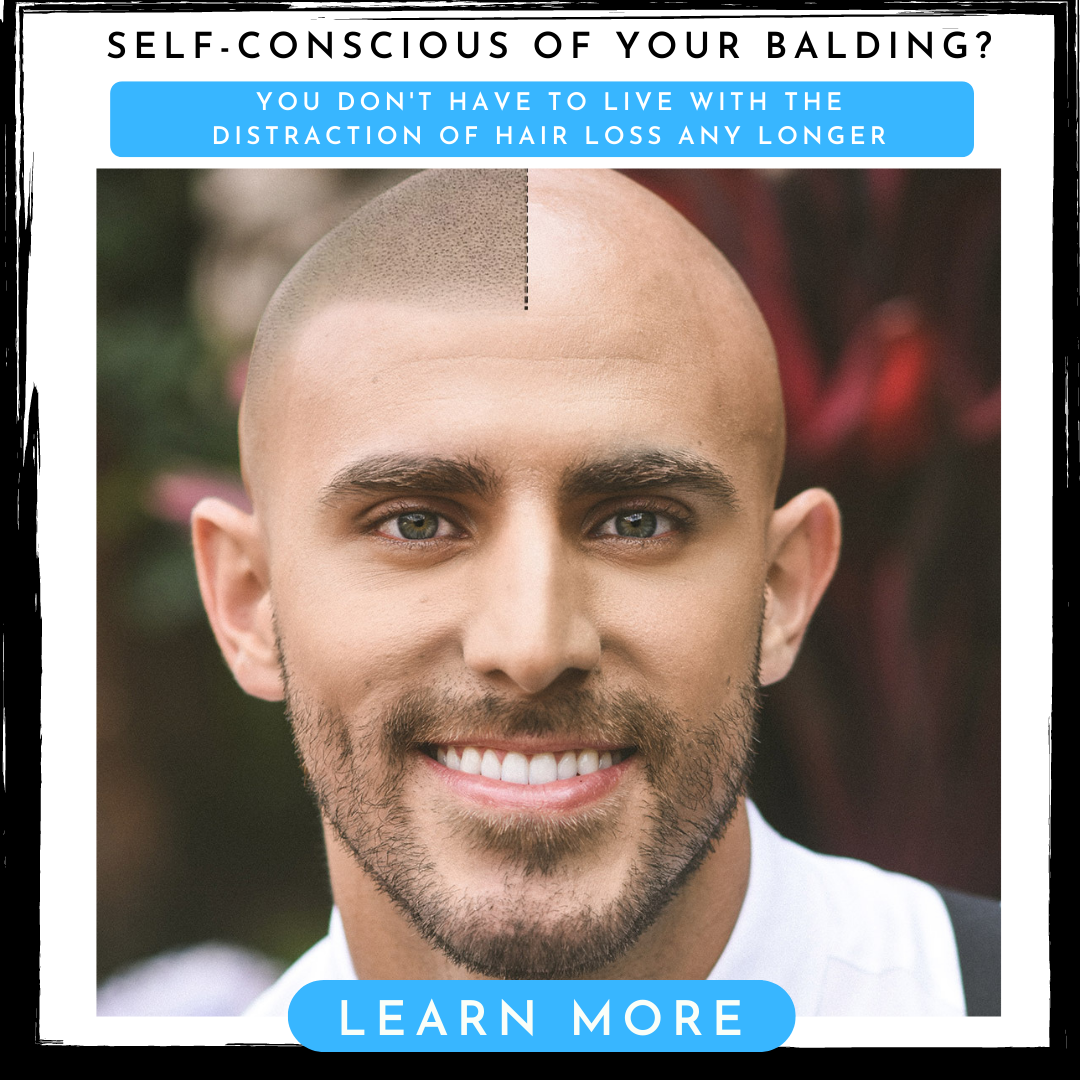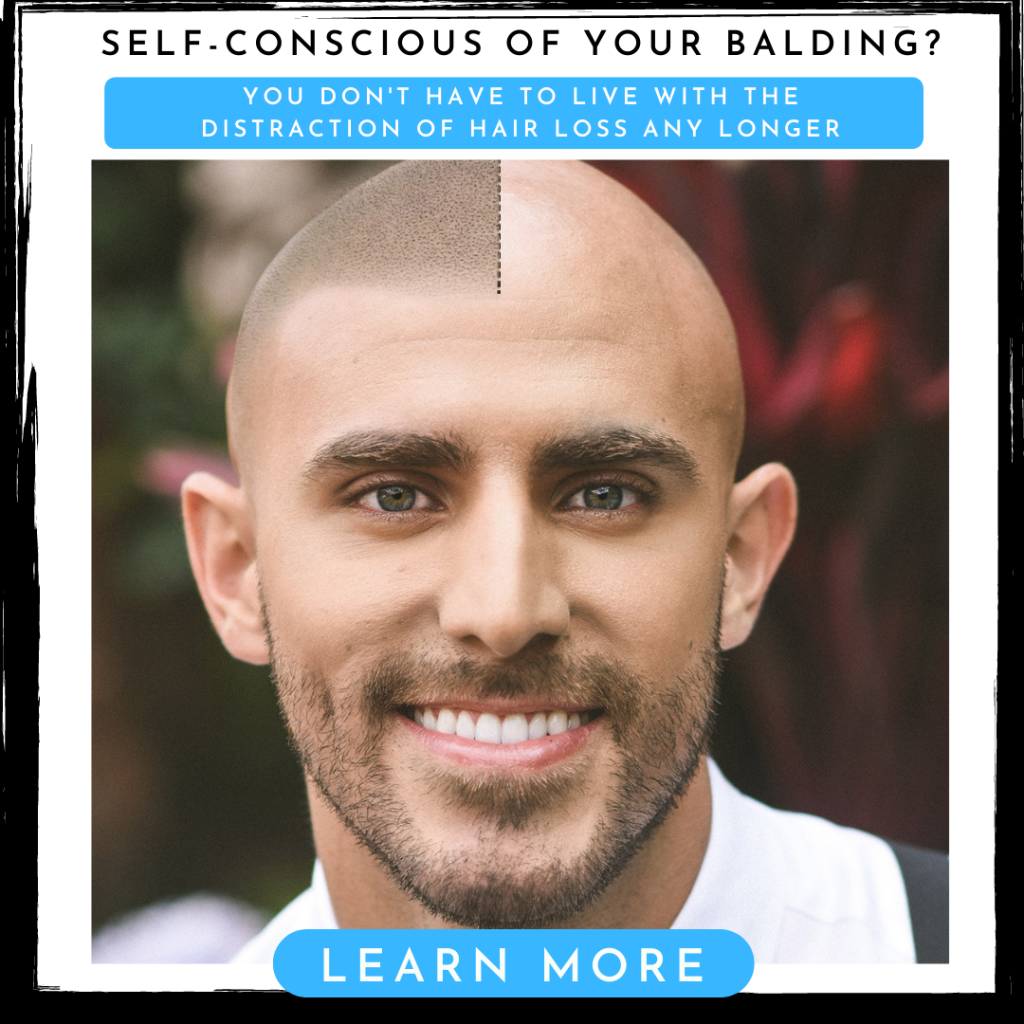Maybe you have already heard the saying “no man is an island”, a famous line by an English scholar, John Donne, that expresses the idea that no one should be isolated because we cannot be truly independent, therefore, we need to be a part of a community to survive. A line that is basically centered around the term “socialization”. Socialization is defined as a continuous and gradual process by which an individual acquires the skills needed to productively perform in society.
It is an important part of human development as it gives one’s distinct identity through gaining knowledge, attributes, values, and beliefs, and allows us to contribute, and become productive members of society, for our own and the collective survival and development of the species.
Table of Contents
There are two distinct stages that are particularly important as they greatly affect human development. The first of these is Primary Socialization. It takes place throughout childhood and adolescent stage or early life. As social creatures by nature, we experience socializing as early as infancy where we are taught to be responsive to society through acquiring basic skills or as they call the “Developmental Milestones”. These skills include motor skills such as reflexes, language skills, social and emotional skills, behavioral responses, and cognitive skills that are necessary for the gradual development of a child’s brain that serves as the foundation for all future socialization. However, it is considered a critical stage for a child’s development that is why it is important for our primary caregivers to influence us with positive socialization.
As we grow, we meet more and more people outside of our immediate family. We are now experiencing Secondary Socialization that occurs throughout our lives. We come across new groups and situations that were not part of our primary socialization experience. It also takes place in school where the child learns new things from his peers, teachers and involvement in extracurricular activities that serve as training received by the child and continues to expand in college where he will interact with different norms, religion, social class, ethnicity, and culture. This continues throughout life including interaction in the workplace where a person will most likely work on teams, and engage with a more diverse community.
We learn many things from people around us. It is from all members of our society we gain knowledge- from the basics and developing them into more complex skills- it is also important to consider that there are still other methods of learning which are termed as the 8 Types of Learning Styles that is based on Howard Gardner’s Theory of Multiple Intelligences. This offers a variety of opportunities to accommodate an individual’s needs in processing information uniquely.
Part of these learning styles is the Social Learning Approach where it is believed that some learners perform best when they interact with or relate with others. This includes being in group work, discussing and sharing personal stories with others, and brainstorming ideas with a team. While others are more comfortable in this technique, however, some might be a visual, aural, verbal, physical, logical, and solitary learner.
There are a lot of activities that we can participate in as a group and most have a direct benefit to our health. Such as exercising, yoga, sports, dancing, etc. These activities positively affect our health in many ways including, reducing the risk of cardiovascular diseases, lowering blood pressure, better blood sugar control, and improvement of blood circulation.
The competitive nature of some sports, provides the indirect benefit of being challenged by society to improve. As a result, we tend to boost our cognitive function such as our ability to make decisions, generate solutions, and break down complex actions into manageable chunks.
We can really gain an insight into the importance of socializing by studying cases when it is lacking. One example is the case of Genie: a child that was kept imprisoned by her parents with little to no contact from other people until she was 13 years old. With no external stimulation caused by isolation, her brain became smaller and malformed which prevented her from acquiring language skills. Until she was rescued, she was only able to speak just a few words. After rescue, she was guided by therapists, psychologists, and linguists to help her develop. Genie soon learned basic social skills but her ability to use language did not expand.
Dozens of studies have shown that socializing -even short interactions with family, friends, and community- may help in reducing mental health illnesses. Building social relationships that allow us to feel loved and valued is essential as it helps us fight depression and other mental health issues. Having support from other people, developing confidence, and a positive outlook in life, also lowers the occurrence of stress, depression, and anxiety. Through the exchange of ideas and reconnecting with someone, we allow ourselves to gain fresh insights that we can incorporate into our daily tasks.
When these opportunities to socialize are removed, it can have a big impact on our mental health. Studies have shown there is long-term damage brought on by being isolated in solitary confinement. Many inmates are punished for misconduct and placed in the Secure Housing Unit or “SHU”. Studies and interviews that were conducted with ex-inmates who experienced solitary confinement, showed negative effects on their memory, spatial awareness, and sense of direction. Also, some in-mates also developed anxiety attacks, depression, feelings of hopelessness, and paranoia, from the lack of socialization. This helps us begin to see why is social health so important.
Being sociable means that you are constantly developing and practicing, interpersonal skills and personal characteristics such as being empathic, friendly, outgoing, and considerate towards others. These traits can help us strengthen and expand our social circles resulting in more knowledge and skills as well as being perceived as cooperative, approachable, and team-player.
Opinions may vary depending on how we imagine we appear to others, we imagine others’ judgment, and we develop feelings and then respond to those perceptions of ourselves. This process is called the “Looking Glass Self” coined by Charles Horton Cooley. In this study, he concluded that based on a sense of identity from our self-reflection and from what others think of us. This process can interfere with the identity we have built for ourselves that will lead to a change in our behavior just because we are given these impressions. This can be a negative, but may also be seen as a chance to improve ourselves and what we do. Depending on how we internalize appraisals and criticisms, these will surely take an impact on our development.
It is obvious to us all from birth throughout our lives that we rely on socialization to help us learn, grow, and contribute to society. To benefit most from this we must choose and filter out which support and interaction we choose to help us. In times of stress, it is crucial to have that network of family and friends that we can turn towards. In this digital age, we cannot deny the fact it is more convenient to socialize through media, chat, social media, video calls, and other modes of communication we use on the internet. However, physical contact or face-to-face socializing is highly suggested to maximize the positive effects of socializing. That being said, we should also be careful in filtering information from the internet as it can be difficult to assess the validity of sources.
Final thoughts
Socializing serves a critical role in our overall well-being. It is important to remember that we are not just a product of socialization alone but there are also other contributing factors that help us identify who we really are, but by making connections and socializing regularly with family, friends, and colleagues we definitely enhance our physical, mental and overall enjoyment in life.









